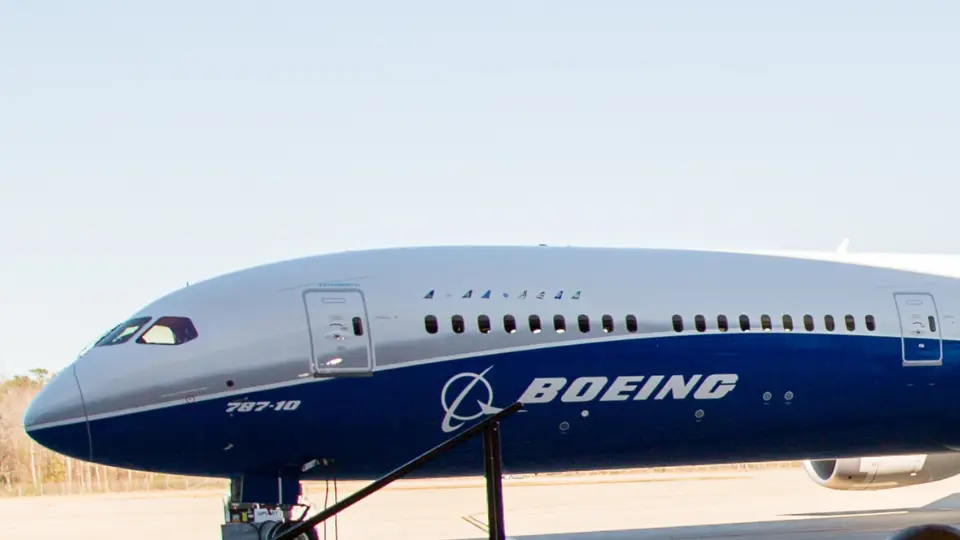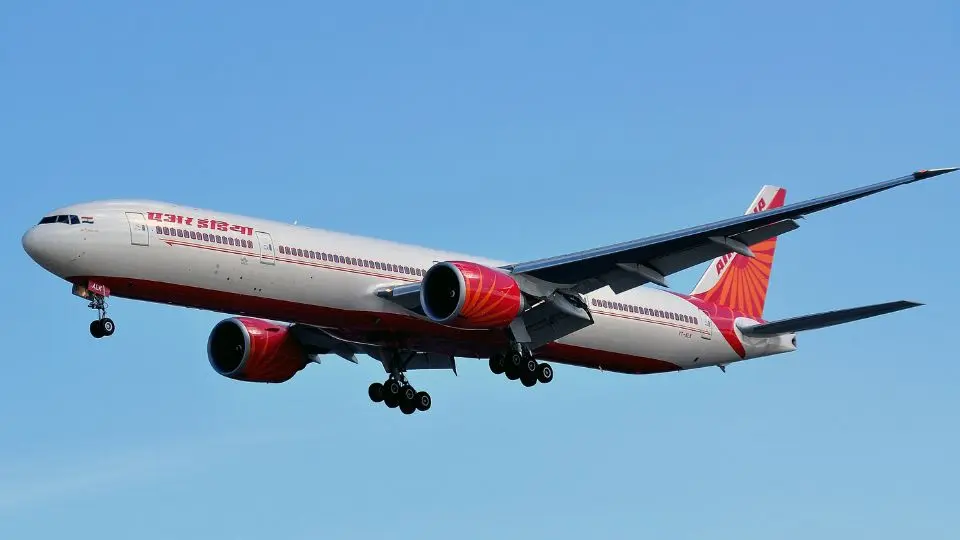After nearly 20 years apart, Boeing has announced it will reacquire Spirit AeroSystems in a bold all-stock deal valued at $4.7 billion. The move marks a major pivot from the aerospace giant's earlier outsourcing strategy and reflects its renewed commitment to tighter control over its manufacturing processes.
A Strategic Reversal in Supply Chain Philosophy
Spirit AeroSystems, originally separated from Boeing in 2005, has since evolved into a key global supplier for both Boeing and Airbus. Its expertise in building aircraft fuselages and structural components has made it integral to the production of models like the 737 and 787.
Boeing’s decision to bring Spirit back in-house comes as it attempts to address persistent supply chain setbacks and regain full visibility over critical components in its aircraft lineup.
Key Deal Highlights
- Spirit shareholders will receive Boeing stock as part of the transaction.
- The acquisition includes Spirit’s facilities in Wichita and Belfast—both key sites for Boeing fuselage production.
- Airbus-related contracts may be spun off or divested to avoid conflicts of interest.
- The deal strengthens Boeing’s control over structural components previously outsourced to Spirit.
Pending regulatory approvals, the acquisition is expected to close by early 2026. Boeing has stated its intention to preserve Spirit's workforce and maintain operational continuity during the integration process.
Why Boeing Made This Move Now
In recent years, Boeing has faced mounting challenges—including part delays, safety audits, and public scrutiny. Much of this has been linked to fragmented supply chains and inconsistent third-party quality controls. By reintegrating Spirit, Boeing aims to improve reliability, reduce lead times, and respond faster to issues on the production floor.
Many industry players are moving toward vertical integration to insulate themselves from global supply chain shocks and geopolitical disruptions. Boeing’s reacquisition of Spirit is seen as part of this broader trend.
Investor and Industry Response
Reaction from analysts and stakeholders has largely been positive. Boeing shares rose slightly after the announcement, while Spirit AeroSystems’ stock saw a more significant bump due to the acquisition premium.
Meanwhile, Airbus is reassessing its relationship with Spirit, as the company currently supplies structural parts to both aerospace giants. Future changes or spin-offs are likely to follow.
Looking Ahead
With this deal, Boeing is positioning itself to stabilize operations and rebuild trust in its production lines. The success of the integration will depend heavily on how well Boeing can balance cost control, quality assurance, and workforce management in the coming months.
As the global aerospace sector adapts to a new era of higher scrutiny and tighter timelines, Boeing’s buyback of Spirit could set a new precedent for how major manufacturers manage their production ecosystems.




